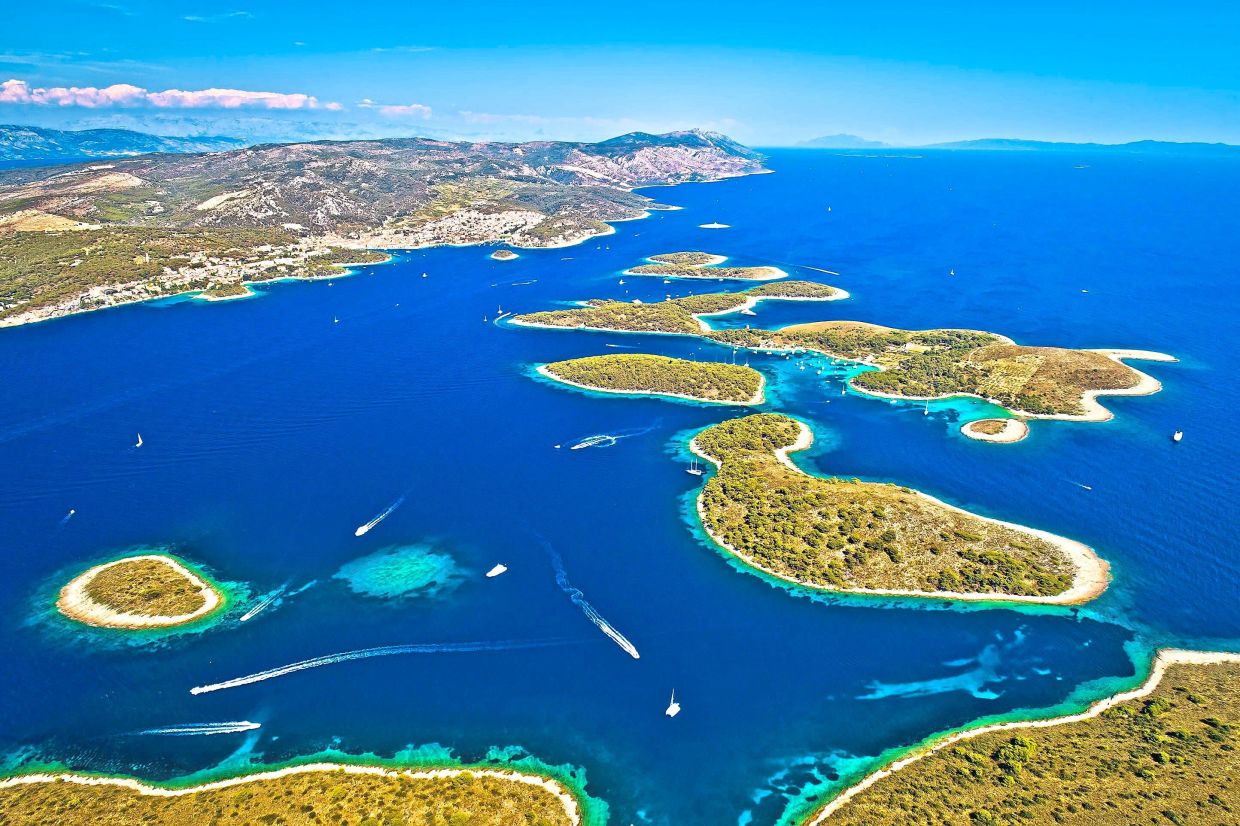Croatia boasts some of the most stunning natural coves in the world. The country is also home to some of the cleanest bathing waters in Europe, according to the European Commission (EC) and the European Environment Agency (EEA). From the island of Korcula to Hvar or Mljet, visitors to Croatia often look beyond Dubrovnik to enjoy the sublime waters of the Adriatic Sea.
In fact, the country’s many natural coves offer the prospect of a relaxing vacation far from the crowds that flock to the country’s tourist hotspots. In Croatia, the beauty of the sea is not its only asset. The coastal bathing waters are clean, too, according to European Union officials.

Every year, the EEA in association with the EC takes an in-depth look at the quality of bathing water within the EU, to assess whether there are risks of bathers developing illnesses due to the presence of viruses or bacteria such as Escherichia coli. Their work is therefore not focused solely on general water quality. The report covers 22,081 sites in the EU, Switzerland and Albania.
This includes, for example, Lake Geneva and Finland’s lakes, as well as the waters of Copenhagen (Denmark) harbour and the Marseille Calanques (France). The results are somewhat reassuring, since only 1.5% of bathing waters in Europe were judged to be poor.
However, there is a disparity between inland and coastal waters, with bathing quality of coastal water generally proving better. In 2023, 89% of the coastal bathing sites monitored were of.
















